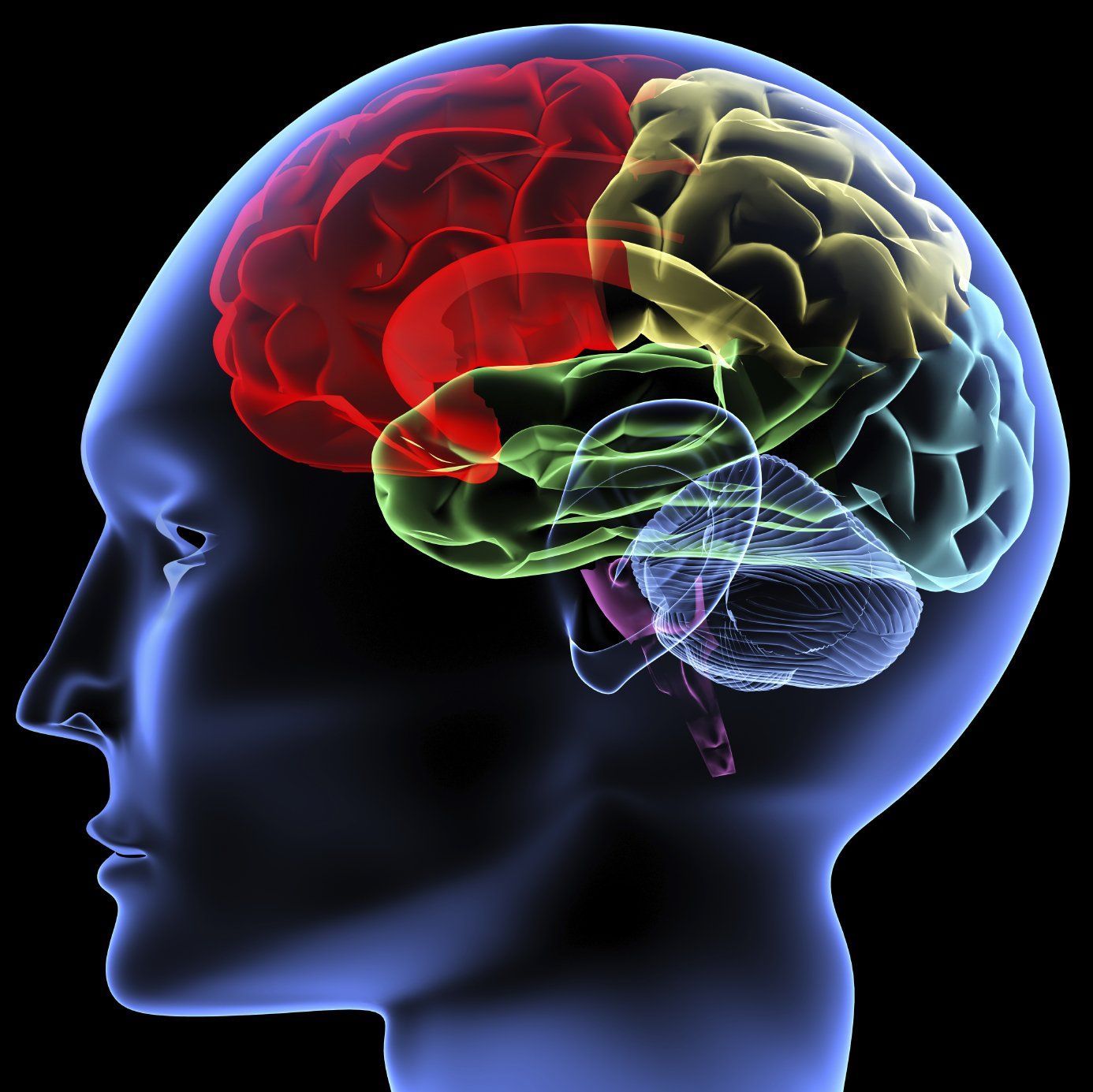Navigating life with ADHD (attention deficit hyperactive disorder) is an odyssey of physical, mental, and social adventure. ADHD is a well-defined and valid diagnosis, with descriptions of this syndrome dating back to 1775. It occurs across all ages, with studies from various parts of the world confirming its global prevalence, emphasizing its significance globally.
If you have met one person with ADHD, you have met one person with ADHD. It is not a simple diagnosis to navigate, making it complex not only for those of us with ADHD but for everyone who wants to support us. By understanding its entirety—biologically, psychologically, socially, and potential impacts on life—we pave the way for a more compassionate and inclusive society.
Potential Risk Factors of Unsupported ADHD
People with ADHD face a plethora of challenges beyond the commonly recognized symptoms. Individuals are at an increased risk for various health issues such as obesity, asthma, allergies, diabetes, and more. Unmanaged ADHD often leads to a lower quality of life, substance abuse, accidents, academic struggles, and other significant life challenges. Economically, ADHD burdens society, costing hundreds of billions of dollars each year worldwide.
Understanding ADHD: A Holistic Approach
Symptoms of ADHD can wax and wane, particularly in adults, based on stress levels and significant life changes such as changing jobs, having children, or an ailing loved one. You may sometimes even forget you or your loved one has ADHD when symptoms are waning. ADHD is not just about being easily distracted or hyperactive—it's a complex interplay of biological (physical), psychological (mental), and social factors.
For anyone who is part of the ADHD odyssey as an individual, a spouse, a parent, a friend, or a workplace colleague, it’s vital to have awareness about \these dimensions and how they shape the lived experience of the ADHD adventure.
The Physical Dimension: Unveiling the Biology of ADHD
ADHD isn't just a figment of imagination—it's rooted in biology and rarely caused by a single genetic or environmental risk factor. At its core, ADHD involves neurobiological differences, affecting brain structures and neurotransmitter functions. Key neurotransmitters like dopamine and norepinephrine are vital, influencing attention, impulse control, and reward processing.
Individuals with ADHD often exhibit distinct patterns of brainwave activity. Electroencephalogram (EEG) studies have revealed an imbalance in brainwave frequencies, particularly in the theta and beta ranges. Theta waves, associated with deep relaxation and daydreaming, tend to be more prevalent in individuals with ADHD, especially during tasks that require sustained attention. Conversely, beta waves, associated with focus, are often underactive, leading to challenges in concentration, impulse control, and attention regulation. These atypical brainwave patterns emphasize the neurobiological foundation of ADHD and provide valuable insights into potential strategies and interventions to normalize these patterns and improve ADHD symptoms.
Genetics plays a substantial role in ADHD. It often runs in families, and understanding the biological aspect of ADHD helps us appreciate that it's not a matter of choice but a product of how ADHD brains are wired.
The Mental Dimension: Navigating the Mind in ADHD
ADHD manifests in various ways across the lifespan. While children often struggle with attention and hyperactivity, adults might grapple with organizational challenges, time management, and emotional regulation. The mental aspect goes beyond focus—it's about understanding how ADHD influences our thoughts, emotions, and behaviors.
Emotional regulation is a significant concern, impacting individuals with ADHD. Mood swings, frustration, and difficulty maintaining relationships are part of this mental odyssey. Acknowledging these challenges helps foster empathy and support for individuals dealing with ADHD.
The Social Dimension: Connecting ADHD to Society
ADHD isn't an isolated adventure—it's deeply entwined with society and often stigmatized. Environmental factors, parenting styles, socioeconomic conditions, work, and school environments all contribute to the manifestation and management of ADHD symptoms. These social factors can either exacerbate or mitigate the impact of ADHD on an individual's life.
Society's understanding and acceptance of ADHD are critical for supporting and creating an inclusive environment for those with ADHD. Education, awareness, and reducing stigma are vital steps in this social odyssey.
Conclusion: Embrace the ADHD Conversation and Odyssey
The ADHD odyssey is a journey that transcends stereotypes and requires us to view ADHD holistically. It requires a mindset of communication that centers on problem-setting instead of problem-solving. Those of us with ADHD need to embark on the journey of self-awareness and understanding of how ADHD shows up for us. The others in our lives need to be open to interpretation; no one standardized treatment or solution will work for everyone. In embarking on this odyssey together, we can foster environments where everyone can thrive. As an ADHD coach I can work with each client to understand their ADHD experience allowing me to provide better support and work toward reducing stigma, and create a more empathetic society.
References
Faraone, S. V., Banaschewski, T., Coghill, D., Zheng, Y., Biederman, J., Bellgrove, M. A., Newcorn, J. H., Gignac, M., Al Saud, N. M., Manor, I., Rohde, L. A., Yang, L., Cortese, S., Almagor, D., Stein, M. A., Albatti, T. H., Aljoudi, H. F., Alqahtani, M. M. J., Asherson, P., … Wang, Y. (2021). The World Federation of ADHD International Consensus Statement: 208 Evidence-based conclusions about the disorder. Neuroscience & Biobehavioral Reviews, 128, 789–818. https://doi.org/10.1016/j.neubiorev.2021.01.022
Godfrey, E., Fuermaier, A. B. M., Tucha, L., Butzbach, M., Weisbrod, M., Aschenbrenner, S., & Tucha, O. (2021). Public perceptions of adult ADHD: Indications of stigma? Journal of Neural Transmission, 128(7), 993–1008. https://doi.org/10.1007/s00702-020-02279-8












